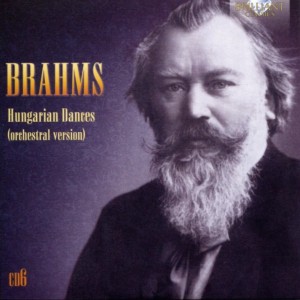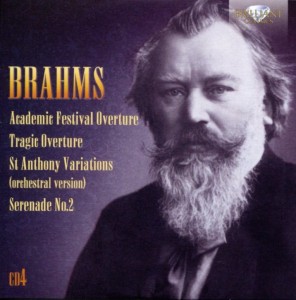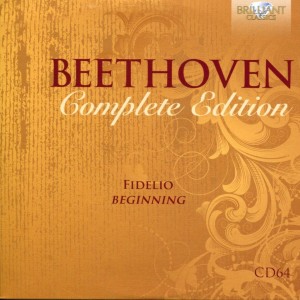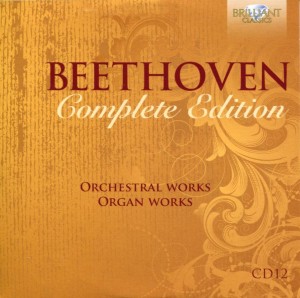Often, Brahms seems to take a while to get something going. He eases into his compositions.
But Hungarian Dances is like a thoroughbred lunging out of the chute from the get-go.
I’m willing to bet all of the Hungarian music you’ve heard over the years is right here. I’ve heard bits and pieces of this music most of my life, usually in movie soundtracks. Maybe TV shows.
It’s beautiful, lush music that evokes tremendous emotions.
There are 21 tracks on Brahms CD 6. Every one is well played, well recorded, and worth listening to.
The musicians on today’s CD are:
London Symphony Orchestra
Neeme Jarvi, conductor
According to its entry on Wikipedia:
The Hungarian Dances (German: Ungarische Tänze) by Johannes Brahms (WoO 1), are a set of 21 lively dance tunes based mostly on Hungarian themes, completed in 1869.
They vary from about a minute to four minutes in length. They are among Brahms’s most popular works, and were certainly the most profitable for him. Each dance has been arranged for a wide variety of instruments and ensembles. Brahms originally wrote the version for piano four-hands and later arranged the first 10 dances for solo piano.
Only numbers 11, 14 and 16 are entirely original compositions. The most famous Hungarian Dance is No. 5 in F♯ minor, but even this dance was based on the csárdás by Béla Kéler titled “Bártfai emlék” which Brahms mistakenly thought was a traditional folksong.
Brahms was 36 when these dance songs were completed.




